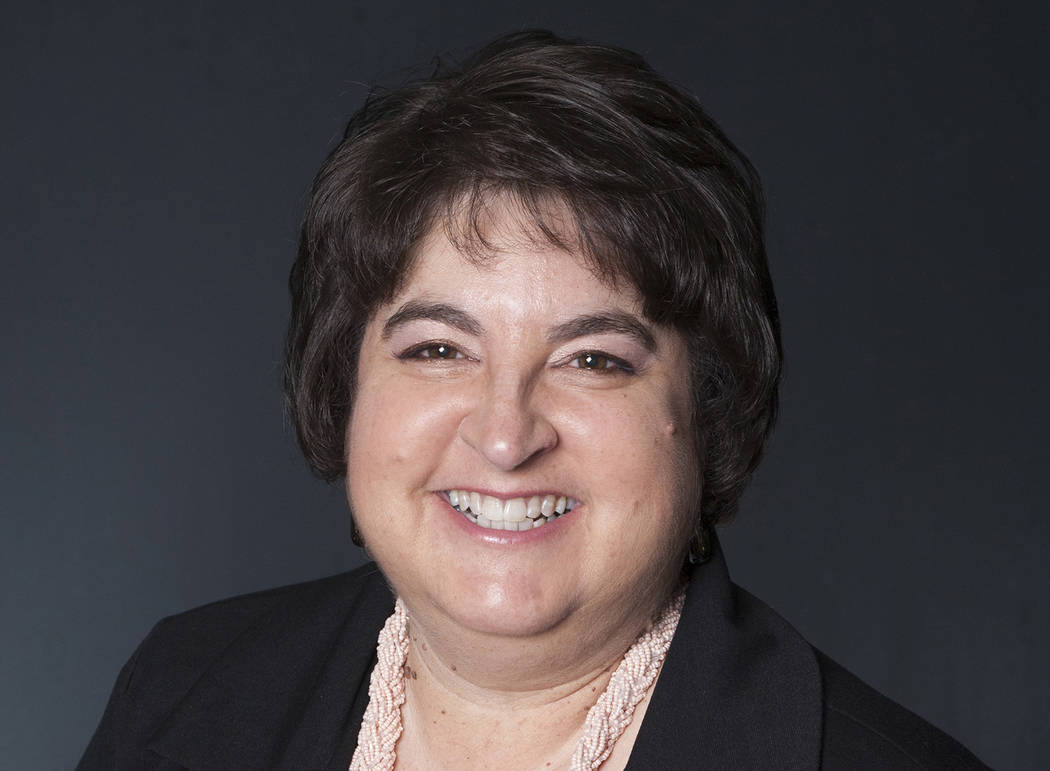Growing candidate field great for city
Election season in Boulder City shaping up to be interesting.
On Tuesday, the first day to file to run for office, five people submitted their papers to run for City Council and two people formally entered the race for mayor.
We also know about two other candidates, one for each race, who have announced their intention to run.
With double the number of candidates for the number of open positions, an April 2 primary to narrow the field is guaranteed.
This is a great thing for the citizens of Boulder City. Not only does it show that their fellow residents care about how the city runs, it offers more opportunities for folks to learn about the issues that matter the most.
Involvement is what elections are all about, otherwise why bother asking people to put their two cents in about who they feel in the best person for the job.
The origins of elections date back to ancient Greece and Rome, but the representative type of government we have now can be traced to the early 17th century.
The popular Broadway musical “Hamilton,” offers some insight into the nation’s voting history.
When fighting for their independence, Americans sought a government that derived its “just powers from the consent of the governed.” Once free from King George’s reign, it was Alexander Hamilton who called for a constitutional convention to create a central government that would keep the nation stable.
Part of that agreement, our Constitution, was the creation of a system of checks and balances through three branches of government — executive, legislative and judicial — that doesn’t allow any one branch to have too much power. Two of those branches, the executive and the legislative, are primarily created through elections.
The United States’ first presidential election was held Jan. 7, 1789. Though casting their ballots for individual candidates, presidential elections actually select electors, who traditionally — and sometimes mandated by law — cast their votes for the person who won at the polls.
While our municipal elections aren’t quite as elaborate as the electoral college system, it’s still the will of the people that determines the outcome.
That was clearly demonstrated in the 2017 municipal election when voters overwhelmingly sought to upset the status quo, defeating incumbent Councilman Cam Walker, who came in last place with just 22.3 percent of the votes. It was then that Councilmen Warren Harhay and Kiernan McManus, who are now seeking to become mayor, were elected with 27.8 and 26.3 percent of the vote, respectively.
The city’s last mayoral election, in 2015, was uncontested.
As we did with the City Council election two years ago, the Boulder City Review will help inform our readers about pressing issues facing the city and the candidates’ thoughts. Each will be given the opportunity to express their vision for the community through written commentary and at a forum.
We’re still working out all the details, but we promise to provide enough information for all of you to give consent to govern to the new powers in charge.
Hali Bernstein Saylor is editor of the Boulder City Review. She can be reached at hsaylor@bouldercityreview.com or at 702-586-9523. Follow @HalisComment on Twitter.





